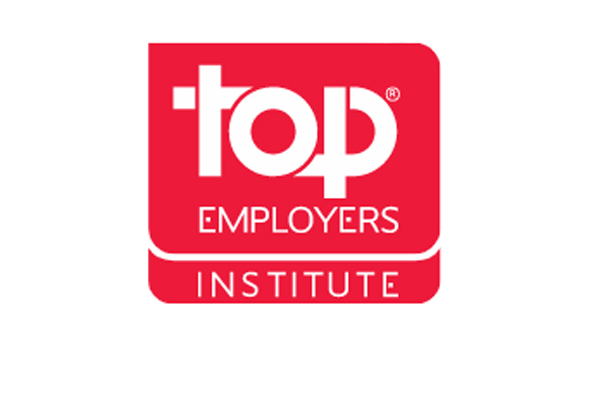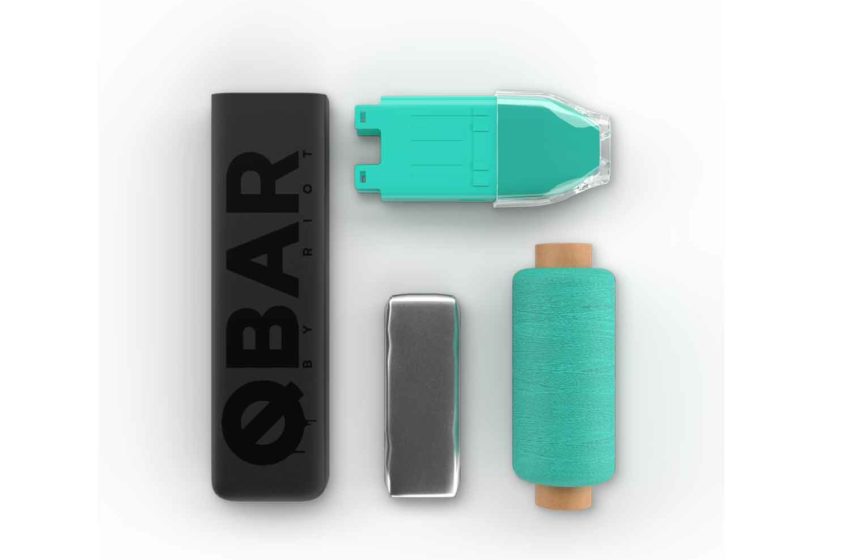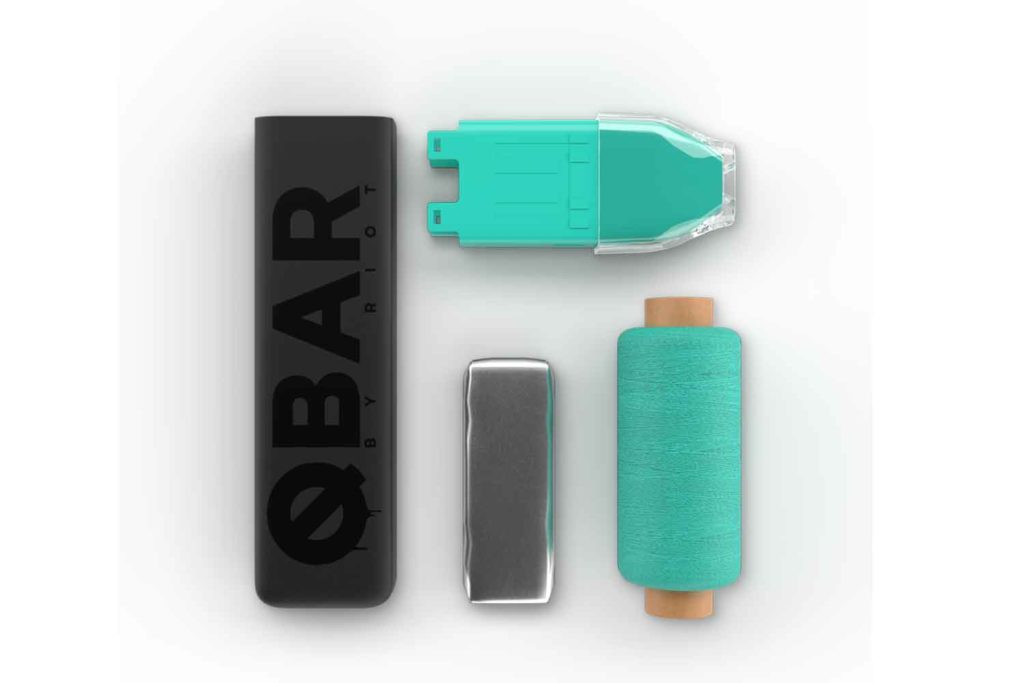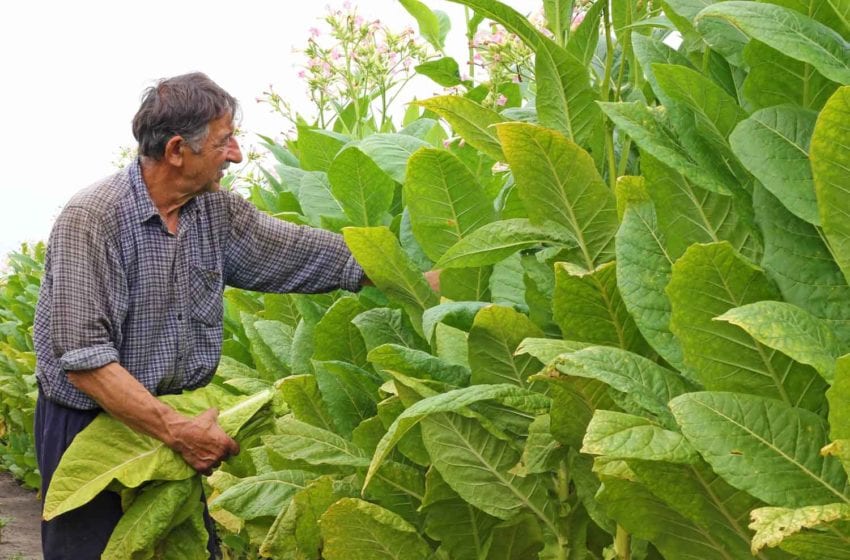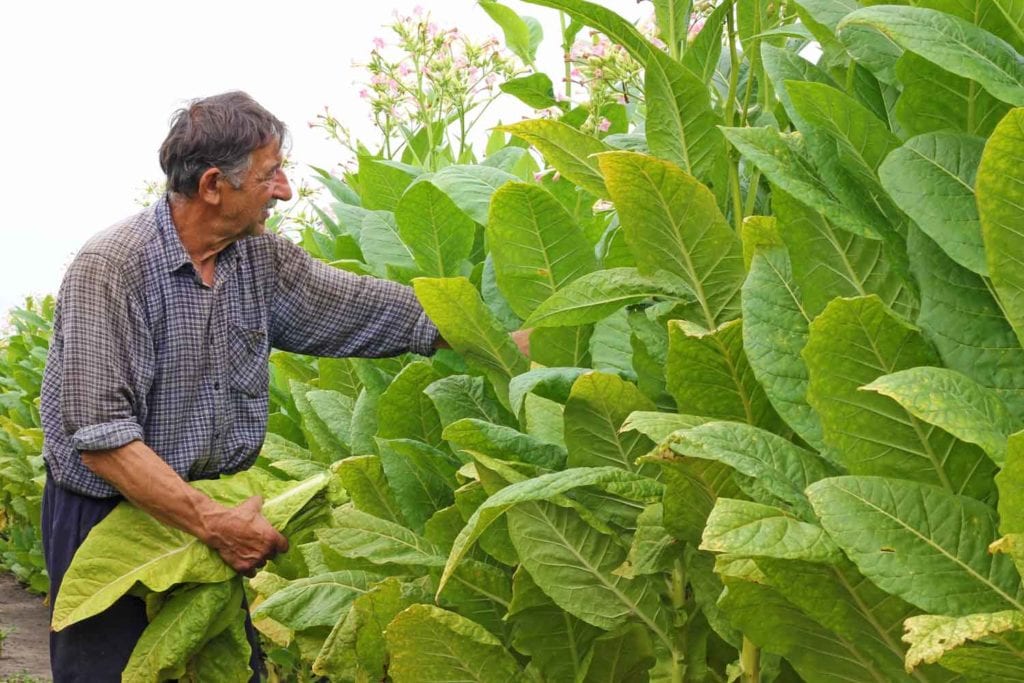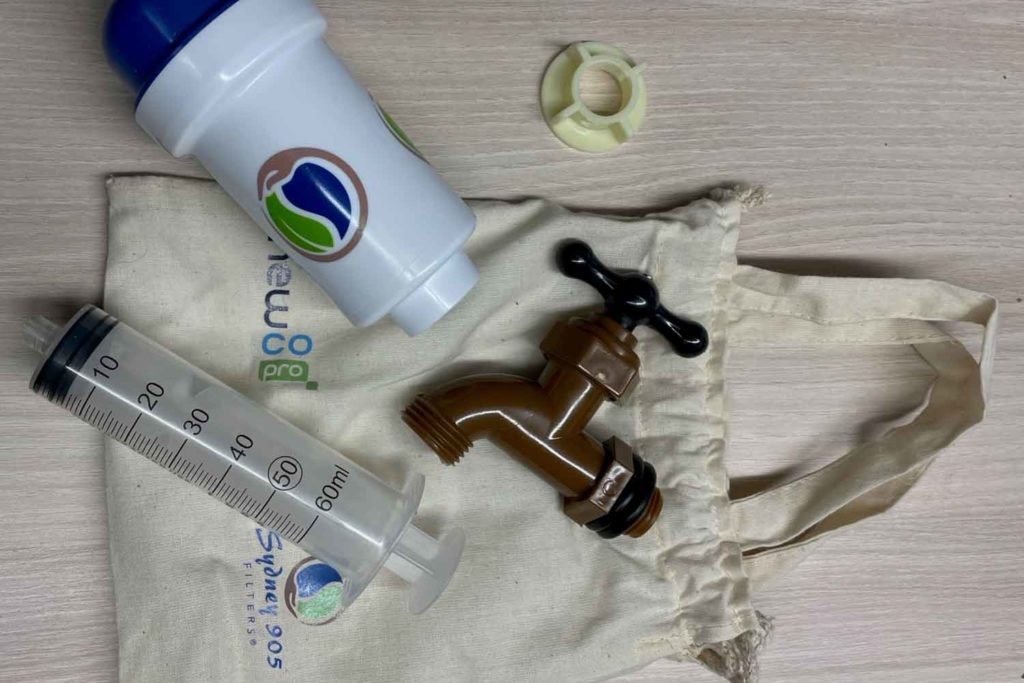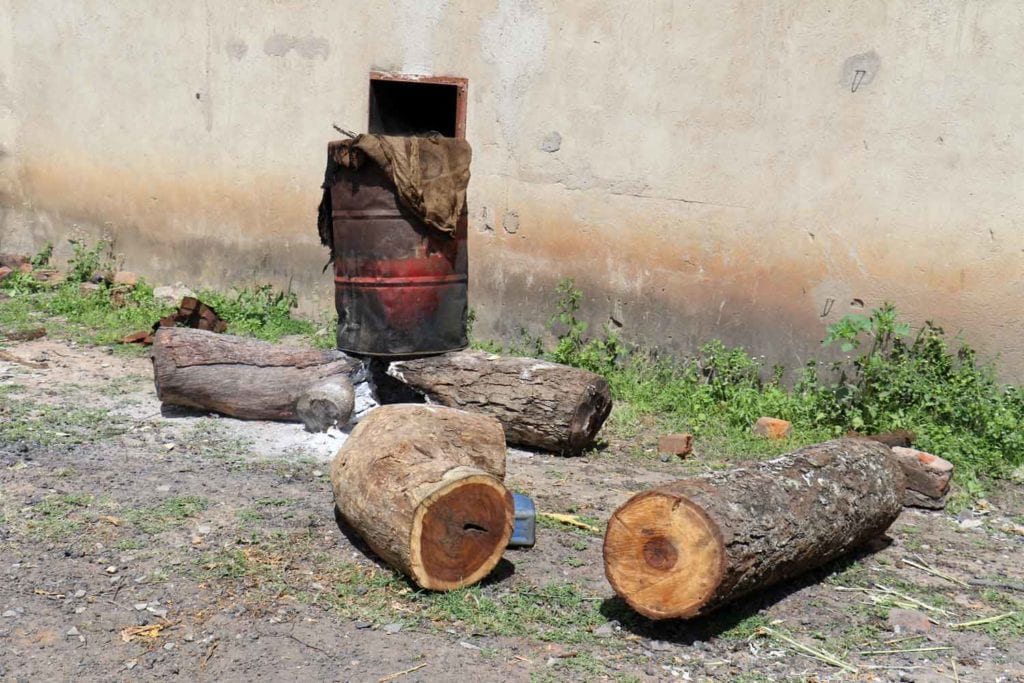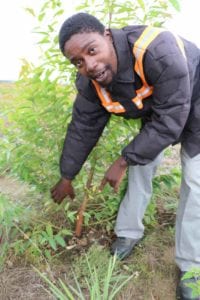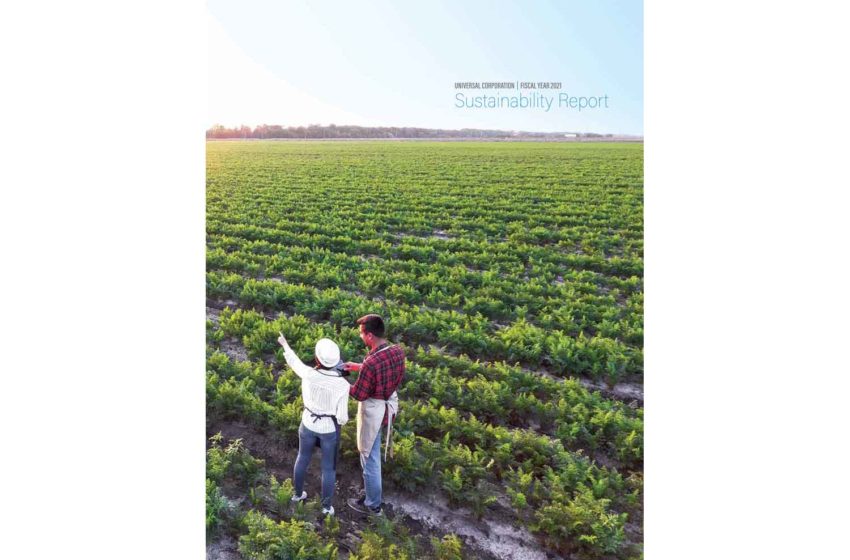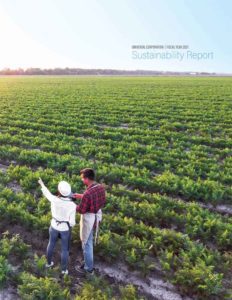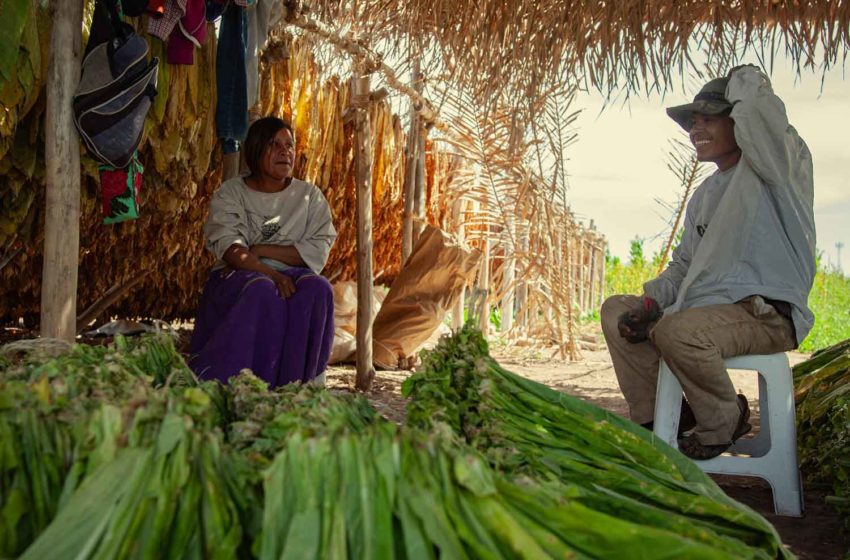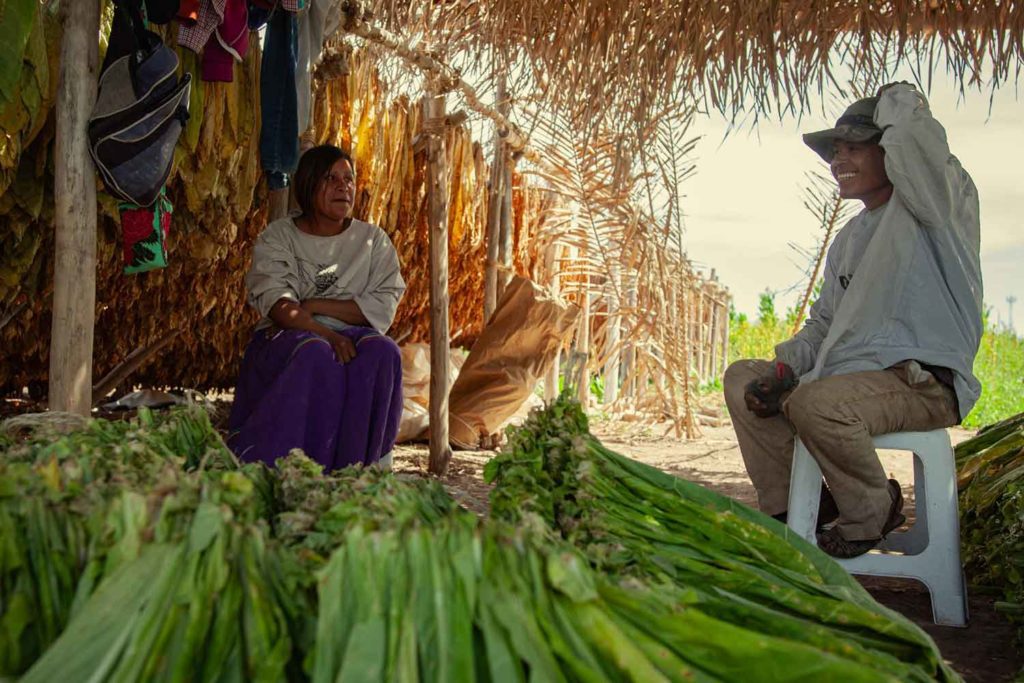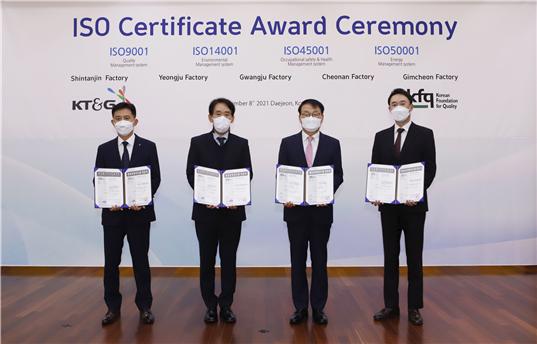
Philip Morris International has been included in the 2022 Bloomberg Gender Equality Index (GEI) for the second year running. This is in recognition of the progress PMI has made in increasing gender equality globally. Currently, 39.2 percent of management positions are held by women, an increase of more than 10 percent since 2014 and still growing.
“I am delighted that PMI has made the GEI for the second year running, particularly given that the threshold for inclusion within this index has grown since last year,” said Silke Muenster, chief diversity officer at PMI, in a statement. “While we still have a long way to go, I am very proud of the progress we have made to date, and I am confident about achieving more in the future.”
As part of PMI’s commitment to gender parity, a global company-wide target was set to improve gender balance to at least 40 percent female representation in management by the end of 2022 and measuring and reporting progress against it.
Other achievements and initiatives to further gender equality by PMI have included: becoming the first EQUAL-SALARY globally certified company; addressing gender bias in talent assessments; introducing global inclusive parental leave guidelines; celebrating top female talent; and launching a women in leadership program.
The GEI is a modified market capitalization-weighted index that aims to track the performance of public companies committed to transparency in gender data reporting. It measures gender equality across five pillars: female leadership and talent pipeline, equal pay and gender pay parity, inclusive culture, anti-sexual harassment policies, and pro-women brand.
“We are proud to recognize PMI and the other 417 companies included in the 2022 GEI for their commitment to transparency and setting a new standard in gender-related data reporting,” said Peter T. Grauer, chairman of Bloomberg and founding chairman of the U.S. 30 Percent Club. “Even though the threshold for inclusion in the GEI has risen, the member list continues to grow. This is a testament that more companies are working to improve upon their gender-related metrics, fostering more opportunity for diverse talent to succeed in their organizations.”
All companies included in this year’s index scored at or above a global threshold established by Bloomberg to reflect disclosure and the achievement or adoption of best-in-class statistics and policies.


